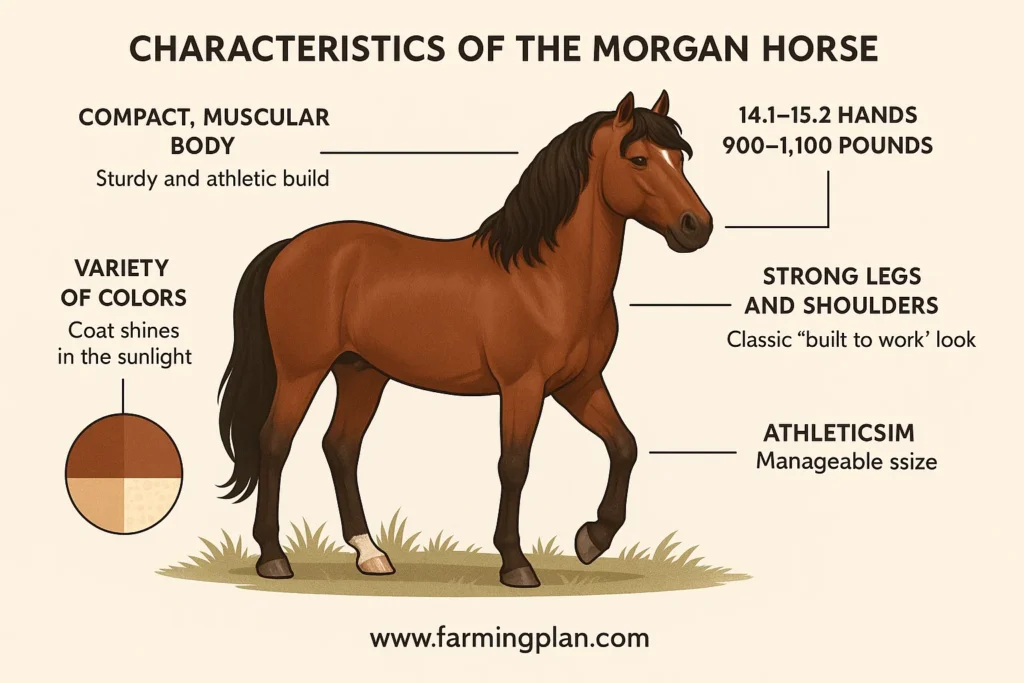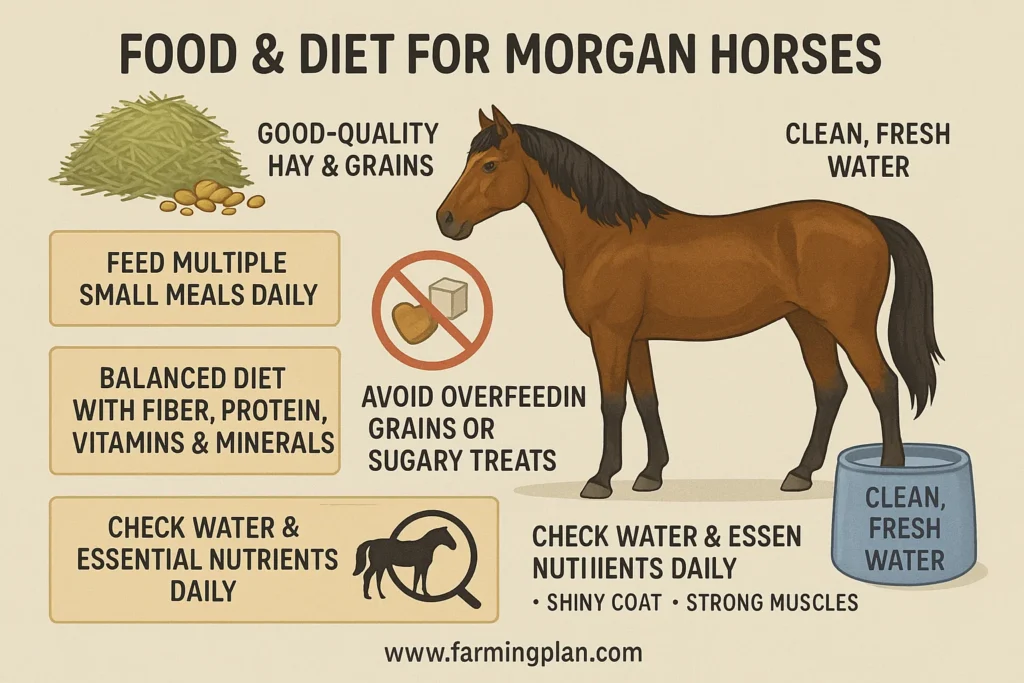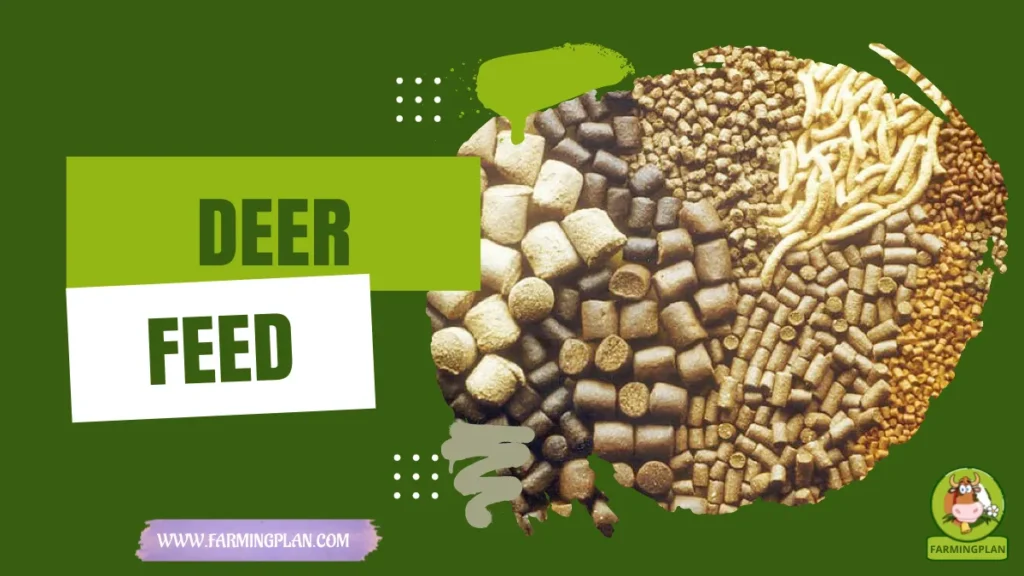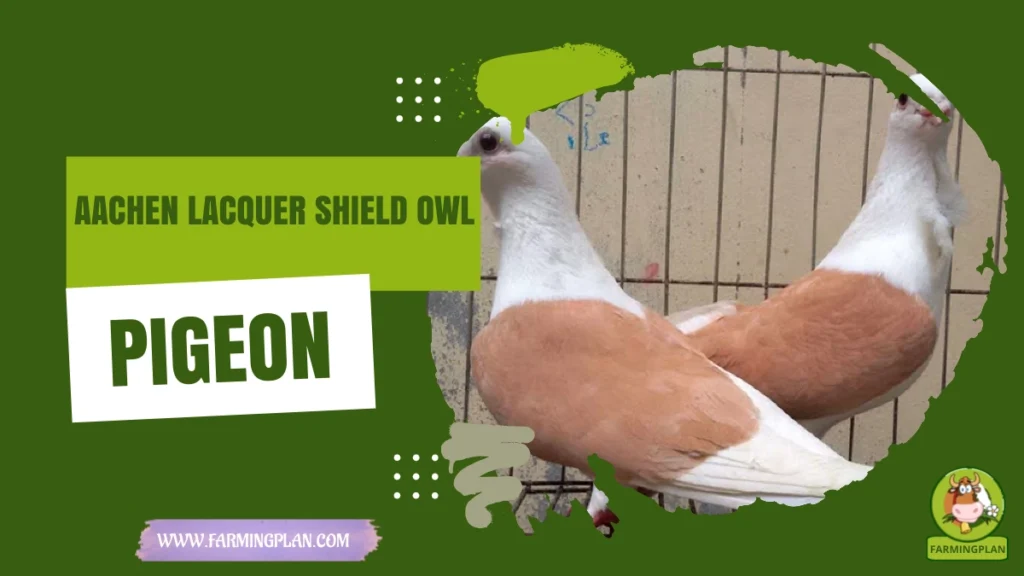If you’re curious about a horse breed that combines strength, brains, and a friendly personality, let me introduce you to the Morgan Horse. As a farming specialist who’s worked with many breeds, I find Morgans truly special. This breed has a rich history, versatile traits, and a temperament that makes it a favorite for beginners and experienced riders. Whether you’re here to learn about the Morgan horse breed, its unique features, or how to care for one, you’re in the right place. Morgan horses stand out for their compact bodies, hearts, and spirits, making them a beloved choice for all horse owners.

History & Origin of the Morgan Horse
The Morgan Horse dates back to the late 1700s and owes its existence to one remarkable foundation sire named Ethan Allen. This stallion was the backbone of the breed, known for his stamina, strength, and good nature. The breed quickly became a staple in American history — serving as cavalry mounts during wars and playing vital roles in farming and transportation. Their versatility attracted attention, and breeders like Shepherd F. Knapp and author Marguerite Henry helped spread the breed’s reputation far and wide.

The Morgan’s roots are also linked to Arabian breeding, which explains some of their endurance and elegance despite their compact bodies. Over time, the American Morgan Horse Association was formed to preserve the breed’s unique qualities and health. This historic connection makes Morgans not just a horse breed but a proud part of American heritage, celebrated in shows, farms, and therapy programs across the country.
Characteristics of the Morgan Horse
Morgan Horses are unmistakable with their compact, muscular bodies that scream power and grace. They typically weigh between 900 to 1,100 pounds and stand about 14.1 to 15.2 hands high, making them perfect for riders who want an athletic but manageable horse. Their colors vary widely—from chestnut stallions with shiny, smooth coats to rare, curly-coated individuals with cream genes.

This breed combines the best of a stock horse’s sturdiness with the athleticism needed for everything from dressage to trail riding. Their bodies maintain a healthy weight naturally, but keeping an eye on their body condition score helps ensure they stay fit. One of the most incredible things about Morgans is their coat shines in the sunlight, and their strong legs and shoulders give them that classic “built to work” look without sacrificing elegance.
Read More: Paint Horse Care Guide: Raise A Happy, Healthy Beauty
Nature and Temperament of Morgan Horses
Morgan Horses are your best bet if you want a big heart and a calm head. Their temperament is friendly, brave, and intelligent, making them great companions whether you’re a beginner or a pro rider. Morgans easily adapt to different rider levels and personalities and shine in therapeutic riding programs because of their gentle nature. These horses don’t just perform well—they bond deeply with their owners. Their spirited but sensible personality helps build trust, which is why many consider them lifelong friends. Whether you want a quiet trail partner or a confident showhorse, Morgan’s personality makes it easy to work with them daily.
Food & Diet for Morgan Horse
Feeding a Morgan Horse isn’t complicated, but it requires attention to maintain a healthy weight and energy. They thrive on good-quality hay, grains, and clean, fresh water. I recommend feeding multiple small meals daily rather than one big feeding to keep their digestion smooth.

Avoid overfeeding grains or sugary treats, which can cause digestive upset or weight gain. Like any horse, Morgan Horses need a balanced diet with fiber, protein, vitamins, and minerals. Paying attention to their body condition score helps you adjust food amounts. Daily care includes checking their water bowl and ensuring they don’t miss out on those essential nutrients that keep their coats shiny and muscles strong.
Read More: Forest Pony Horse: The Surprising Benefits You Didn’t Know You Were Missing
Usage and Purpose of the Morgan Horse
Morgan Horses earn their title as an all-purpose horse. Their compact size and strength let them work as cavalry mounts, circus performers, and even artillery horses in the past. Today, they shine in dressage, trail riding, farm work, and therapeutic riding programs. I’ve seen Morgans cross-bred with American Quarter Horses and American Saddle Horse breeds to produce versatile offspring perfect for any discipline.
They’re also great companions for horse owners who want a riding horse that can handle a wide range of activities. From farm chores to beautiful trail rides, Morgans do it all with enthusiasm and reliability. This breed’s breeding program focuses on keeping their athletic abilities and good temperament intact for many future generations.
Special Features of Morgan Horses
One feature that makes Morgan Horses stand out is their combination of endurance, strength, and charm. They have that classic compact body with a strong neck and proud carriage that lets you know they mean business but also enjoy the ride. As the sire of quality horses, the Morgan foundation sire’s bloodline is highly respected in the breed registry.
They also carry interesting genetic traits like unique color genes and the occasional curly coat, which adds to their visual appeal. Their breed history and role in American culture make them practical and fascinating animals. This breed’s wide range of skills makes them suitable for everything from working on the farm to competing in the show ring.
Great Horses Aren’t Just Born They’re Raised With Patience, Daily Care, And A Whole Lot Of Love.
Health Issues & Prevention in Morgan Horses
Like all breeds, Morgan Horses face some health challenges. One common condition is Polysaccharide Storage Myopathy, which affects muscle function. Genetic testing is vital to catch these risks early, especially if you’re considering breeding. Other issues include dead hair or delicate hair during shedding seasons, which are manageable with proper grooming and nutrition.
I always stress preventive care, including regular vet check-ups and vaccinations, to keep Morgans healthy. Knowing what symptoms to watch for and working with knowledgeable horsemen helps catch problems before they grow. Maintaining a healthy body condition score through diet and exercise also lowers the risk of common diseases.
Step-by-Step Morgan Horse Care Guide
As someone who’s worked closely with Morgan Horses for years, I know how rewarding it is to care for this smart, loyal breed. Here’s a breakdown of the five most essential steps every Morgan Horse owner should follow to give their horse the best life possible.
Step 1: Preparing Their Living Space
Your Morgan’s living space should be safe, clean, and comfy. Start with a well-ventilated stall that’s at least 12×12 feet, giving them room to turn around and lie down comfortably. Make sure the stall has solid, slip-resistant flooring—rubber mats or packed clay work great—and install proper drainage to avoid muddy or damp spots that can lead to hoof rot.
Outdoors, they’ll need a securely fenced pasture with enough space to roam and graze—about 1 to 2 acres per horse is ideal. Keep fences at least 4.5 feet high and use materials like wooden rails or electric tape to avoid injuries. Provide a weatherproof shelter like a run-in shed to protect them from rain, wind, and heat. Shade trees are also a plus.
Step 2: Feeding Routine and Nutrition
Feeding Morgans is more about quality than quantity. Start with high-quality grass hay, free of mold or dust. Most adult Morgans do well on 1.5–2% of their body weight in hay daily. Add a ration balancer or grain feed if they need extra calories—especially if they’re working or breeding horses.
Split their meals into two or three feedings each day to reduce the risk of colic or ulcers. Fresh water should be available at all times—especially in hot weather when they can drink 10+ gallons per day. I also recommend a mineral block or loose salt to support hydration and electrolyte balance. Keep a close eye on their body condition score every couple of weeks and adjust feeding accordingly.
Step 3: Daily Grooming and Coat Care
Grooming your Morgan isn’t just about keeping them pretty—it’s vital to their health. Start each day with a curry comb to loosen dead hair and dirt. Then use a stiff-bristled dandy brush to clean the body and a soft brush for their face and legs. During shedding seasons, you’ll notice more loose hair, so take your time and be thorough.
Their mane and tail should be gently detangled with fingers or a wide-tooth comb—no yanking! Don’t forget to clean their hooves daily with a hoof pick to remove debris and check for stones, cracks, or signs of thrush. Grooming helps you spot cuts, swelling, or skin issues early and builds trust between you and your horse.
Step 4: Exercise and Training
Morgan Horses love having a job. These horses thrive on movement, and regular exercise keeps them physically and mentally fit. For leisure owners, daily turnout in a pasture isn’t enough—they need structured work too. I recommend 30–60 minutes of exercise five days a week. This could be light trail riding, groundwork, lunging, or dressage training. Mix it up to keep them engaged. They’re quick learners, so always use clear cues and positive reinforcement. Keep your sessions patient, consistent, and fun. A well-exercised Morgan is easier to manage, less likely to develop bad habits, and more eager to work with you.
Step 5: Health Checks and Veterinary Care
Keeping your Morgan healthy starts with a solid vet care routine. Schedule annual vaccines for tetanus, West Nile virus, rabies, and equine influenza. Your vet can also check teeth during spring or fall dental exams—floating (filing down sharp edges) may be needed yearly to ensure proper chewing.
Don’t skip regular hoof care. Farriers should trim hooves every 6–8 weeks, even if your horse isn’t shod. Morgans are hardy, but some are genetically predisposed to Polysaccharide Storage Myopathy (PSSM), a muscle disorder. Ask your vet about genetic testing, especially if your horse seems stiff or reluctant to move. Always watch for sudden behavior changes, weight loss, or lameness—and treat issues early to prevent long-term problems.
Read More: Tennessee Walking Horse: Why This Breed is Perfect for Beginners & Experienced Riders
Expert Tips & Best Practices for Morgan Horse Owners
- Always keep fresh water accessible to support hydration.
- Regularly monitor your horse’s weight to avoid obesity or underweight problems.
- Use the American Morgan Horse Association resources to stay updated on breed standards.
- Participate in community outreach programs to help improve park trails and therapeutic riding options.
- Practice patience in training to bring out your Morgan’s natural talents and intelligence.
FAQ
What is the average lifespan of a Morgan Horse?
Morgan Horses typically live between 25 to 30 years with proper care.
How much does a Morgan Horse usually cost?
The cost varies but ranges from $5,000 to $20,000 depending on age, training, and pedigree.
Are Morgan Horses suitable for beginners?
Their calm and intelligent nature makes them great for riders of all experience levels.
Are Morgan Horses suitable for beginners?
Their calm and intelligent nature makes them great for riders of all experience levels
What common health issues affect Morgan Horses?
They can be prone to Polysaccharide Storage Myopathy and require regular genetic testing.
Conclusion
From their historical roots with Ethan Allen to their role as versatile, athletic horses today, Morgan Horse deserve their place in the hearts of horse lovers everywhere. Their compact bodies and brave personalities make them excellent companions for riders of all levels. By understanding their unique needs—from diet and exercise to health care and breeding—you can enjoy a fulfilling experience with these remarkable horses. I’ve seen firsthand how Morgan Horses bring joy, hard work, and loyalty to every farm and stable they grace. Whether you’re a hobbyist, breeder, or farmer, caring for a Morgan Horse means embracing a healthy, spirited breed built for a lifetime of partnership.


